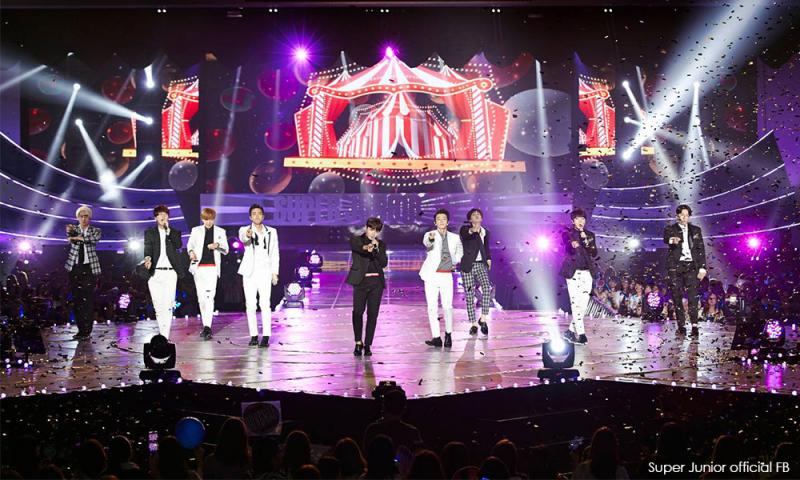LETTER | Balancing between K-pop and local heritage
LETTER | The Korean Wave, with its influential K-pop music and captivating Korean culture, has captured the hearts of Malaysian youth.
While this cultural phenomenon brings joy and entertainment, it is vital to examine its potential impact on our heritage, religious beliefs, traditions, and overall culture.
As a concerned member of our community, I share my perspective on how this influence, driven by economic factors and the fashion industry, shapes thought patterns, impacts our political and economic landscape, and why some Malaysian firms capitalise on this trend for their own agendas.
The Korean Wave’s popularity among Malaysian youth raises questions about their connection to our own cultural heritage. The immersion in Korean dramas, music, and fashion trends may risk overshadowing our rich traditions and customs. Finding a balance between embracing global trends and preserving our cultural identity becomes imperative.
Religion plays a significant role in Malaysian society, and the Korean Wave’s influence has led to the adoption of certain aspects of Korean culture that may clash with our religious practices.
It is essential for the younger generation to discern between appreciation and blindly adopting foreign customs that contradict their own faiths.
Our traditions and customs serve as the pillars of our national identity. While embracing new cultural influences is important, we must ensure that our traditional practices remain intact.
Striking a balance between preserving our customs and appreciating the positive aspects of foreign cultures is key.
The Korean Wave’s impact extends to our economy, as South Korea’s cultural exports, such as K-pop music, dramas, and fashion contribute significantly to their own.
Malaysian companies tapping into this trend must be mindful of their responsibility to our local culture, promoting a balanced representation of our heritage.
South Korea strategically utilises its cultural influence to enhance soft power and economic growth. Malaysian firms, in turn, capitalise on the Korean Wave for their own agendas, fostering collaborations and marketing strategies.
However, it is crucial to safeguard our cultural integrity and national interests throughout these partnerships.
To address concerns and maintain equilibrium, the Malaysian government must develop policies supporting the preservation of our cultural heritage while embracing positive aspects of global trends.
Education plays a pivotal role in fostering appreciation for our traditions alongside the exploration of other cultures.
Individual responsibility is equally important. Encouraging young Malaysians to take pride in their cultural identity, promoting intercultural dialogue, and embracing foreign influences in a balanced manner will safeguard our heritage.
In conclusion, the Korean Wave has undeniably left a mark on Malaysian youth. By striking a balance between global influences and cultural preservation, we can celebrate diversity while nurturing our unique identity as Malaysians for generations to come.
The views expressed here are those of the author/contributor and do not necessarily represent the views of Malaysiakini.
RM12.50 / month
- Unlimited access to award-winning journalism
- Comment and share your opinions on all our articles
- Gift interesting stories to your friends
- Tax deductable
